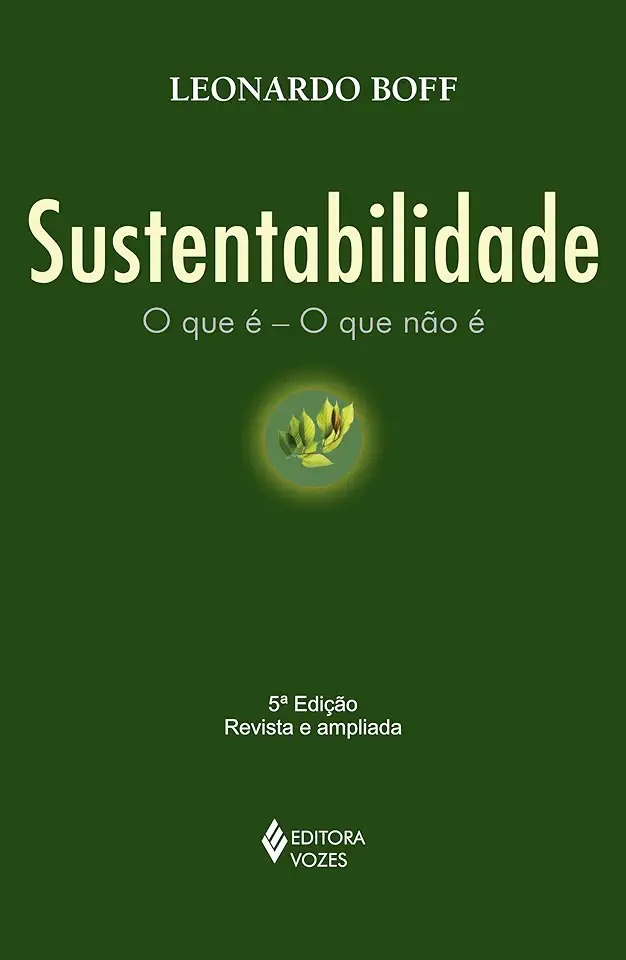
Sustainability- What it is - What it is not - Leonardo Boff
Sustainability: What it is - What it is not
Introduction
In his book "Sustainability: What it is - What it is not", Leonardo Boff offers a comprehensive and thought-provoking exploration of the concept of sustainability. Drawing on a wide range of disciplines, including ecology, economics, philosophy, and theology, Boff argues that sustainability is not simply a matter of environmental protection, but rather a holistic approach to human development that encompasses social justice, economic equity, and ecological integrity.
Key Concepts
Boff begins by defining sustainability as "the ability to meet the needs of the present without compromising the ability of future generations to meet their own needs." He then identifies three key dimensions of sustainability:
- Ecological sustainability: This refers to the need to protect the natural environment and its resources for future generations.
- Social sustainability: This refers to the need to create just and equitable societies that provide for the well-being of all people.
- Economic sustainability: This refers to the need to develop economic systems that are both efficient and environmentally friendly.
Boff argues that these three dimensions of sustainability are interdependent and must be pursued in a balanced way. He also emphasizes the importance of taking a long-term perspective when considering sustainability, as the impacts of our actions today may not be felt for many years to come.
Challenges to Sustainability
Boff identifies a number of challenges to achieving sustainability, including:
- The growth imperative: The prevailing economic model is based on the assumption that economic growth is essential for human progress. However, this model is unsustainable, as it leads to the depletion of natural resources and the degradation of the environment.
- The poverty trap: Poverty is a major barrier to sustainability, as it limits people's access to education, healthcare, and other resources that are essential for a sustainable lifestyle.
- The climate crisis: The climate crisis is one of the most urgent challenges to sustainability. The burning of fossil fuels is releasing greenhouse gases into the atmosphere, which is causing the planet to warm at an alarming rate. This is leading to a number of devastating impacts, including sea level rise, extreme weather events, and the loss of biodiversity.
Pathways to Sustainability
Despite the challenges, Boff believes that it is still possible to achieve sustainability. He outlines a number of pathways to sustainability, including:
- Transitioning to a renewable energy economy: We need to shift from fossil fuels to renewable energy sources, such as solar and wind power.
- Reducing our consumption: We need to reduce our consumption of resources, such as food, water, and energy.
- Protecting and restoring ecosystems: We need to protect and restore ecosystems, such as forests, wetlands, and oceans.
- Promoting social justice: We need to promote social justice, by addressing poverty, inequality, and discrimination.
Boff argues that these pathways to sustainability are not only necessary, but also possible. He calls on people of all backgrounds to come together to create a more sustainable future for our planet.
Conclusion
"Sustainability: What it is - What it is not" is a must-read for anyone who is interested in the future of our planet. Boff offers a comprehensive and thought-provoking exploration of the concept of sustainability, and he provides a number of practical pathways to achieving a more sustainable future. This book is a call to action, and it is a book that will inspire you to make a difference.
Enjoyed the summary? Discover all the details and take your reading to the next level — [click here to view the book on Amazon!]